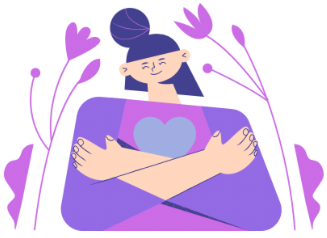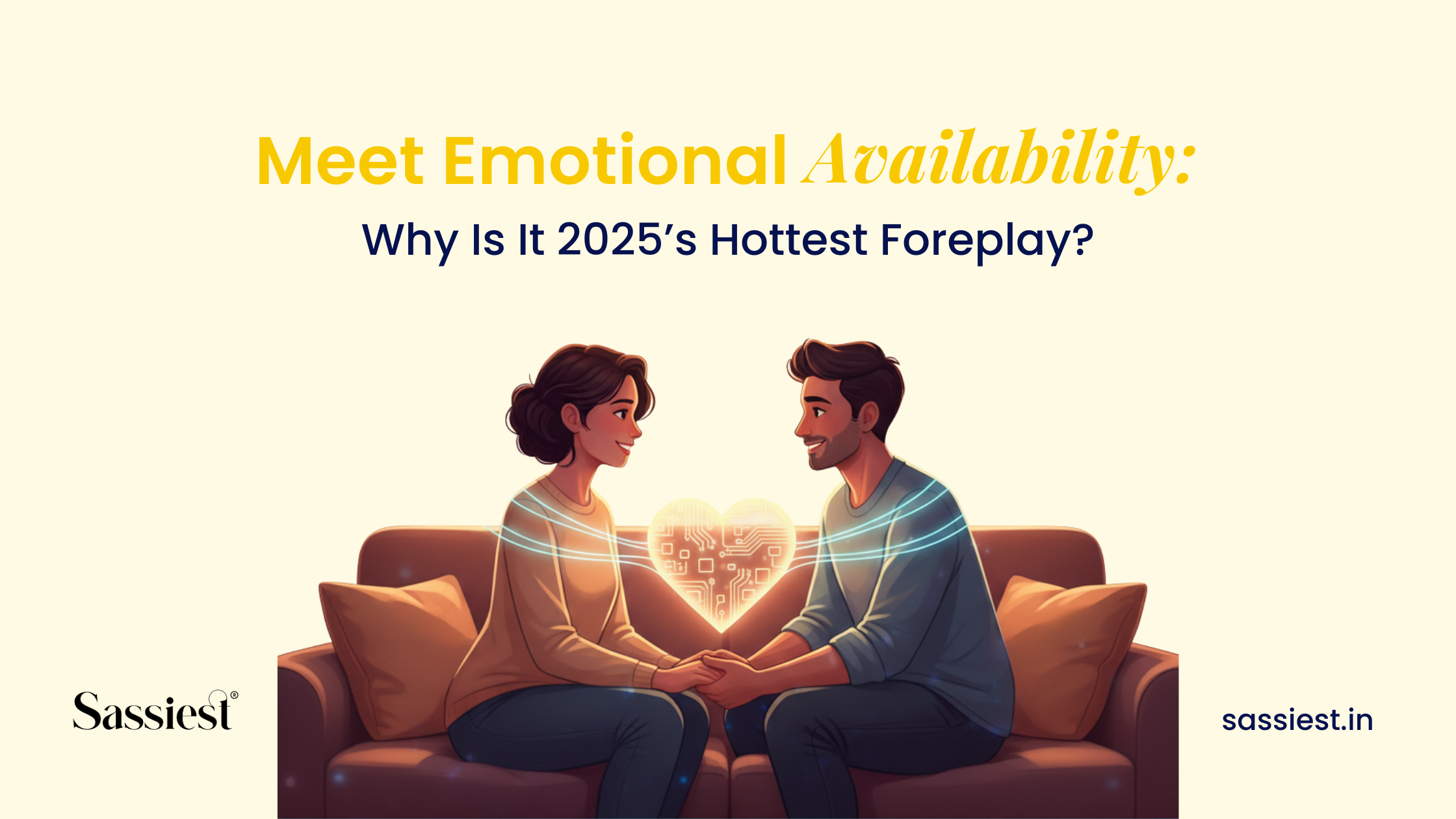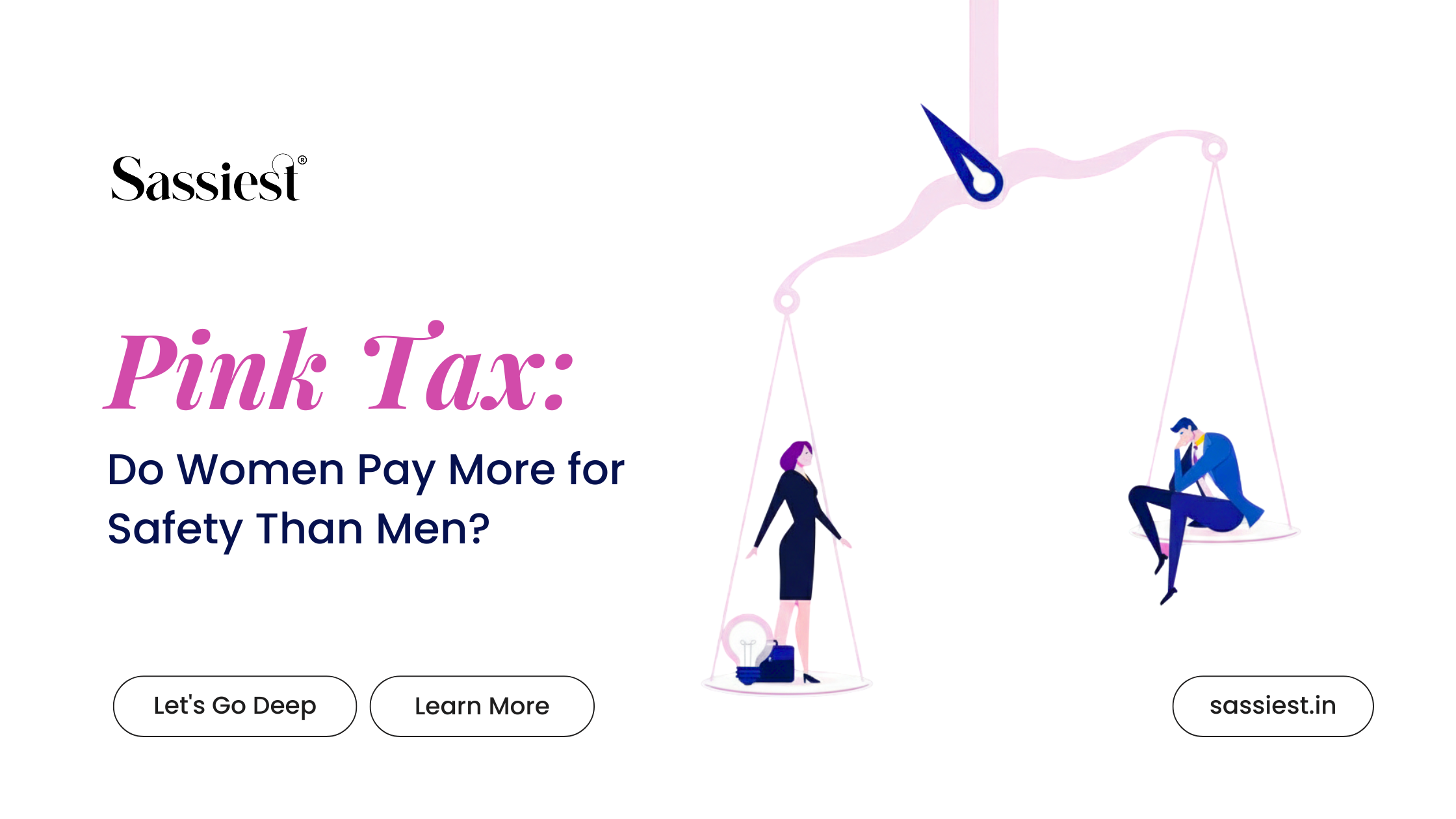Here’s the thing about menopause. We’ve been told it’s the end of something. The end of youth, beauty, fertility, or whatever else society thinks defines womanhood. But that’s not the full story.
Menopause isn’t just an ending, it’s a transformation. And it’s about time we talk about it like one.
So, what actually is menopause?
Menopause marks the end of menstrual cycles. It’s officially diagnosed after you’ve gone 12 months without a period, usually between ages 45 and 55. But it doesn’t show up unannounced. There’s perimenopause, the transition period that can last anywhere from a few months to several years. Hormones fluctuate wildly, and that’s when symptoms begin.
Hot flashes, mood swings, night sweats, brain fog, irregular periods, insomnia and sometimes even anxiety or depression. It’s a full-body experience, not just a reproductive one.

Your body’s doing a lot more than “getting old”
Let’s bust that myth right here. Menopause isn’t your body giving up. It’s your body shifting into a new phase, one that deserves care, not shame.
Estrogen and progesterone levels drop, which affects almost everything from your skin to your mood to your metabolism. That’s why some women gain weight, struggle with energy, or feel “off.” But it’s not weakness, it’s chemistry. And here’s where it gets interesting.

The new research everyone’s talking about
Dr. Mary Claire Haver recently shared a breakthrough update: Women who undergo proper hormone therapy during menopause can have a 60% decreased risk of breast cancer, heart attack, and stroke.
Yes, you read that right. For years, hormone replacement therapy (HRT) got a bad reputation because of older studies that linked it to health risks. But newer, more accurate research shows that the right type of therapy, at the right time, can actually protect your long-term health.
In other words, menopause management has evolved. And it’s not just about easing symptoms anymore. It’s about prevention, longevity, and living better.

What no one tells you about the emotional shift
Beyond the physical changes, menopause is also emotional. For many women, it’s the first time they’re not defined by fertility or caretaking. And that can be both freeing and disorienting.
Some describe it as a second puberty, except now you know who you are. There’s clarity, confidence, and a certain “I don’t care anymore” energy that can actually be pretty powerful.
Let’s talk symptoms (and how to deal)
Hot flashes & night sweats: Stay hydrated, dress light, and keep your room cool. Mindfulness and slow breathing help more than people realise.
Brain fog: Omega-3s, sleep, and keeping your mind active with reading or puzzles can help.
Mood swings: Regular exercise, therapy, or even journaling can be game changers.
Sleep issues: Magnesium, cutting caffeine, and winding down before bed work wonders.
Vaginal dryness: Lubes and moisturisers (yes, there are vaginal ones) are your best friends. And of course, always talk to a doctor before starting any supplements or hormones.
Let’s stop whispering about menopause
Here’s the truth, menopause isn’t something to be endured quietly. It’s something to be understood, managed, and owned. Women deserve better conversations, better care, and better science around this stage of life. Because it’s not the end of vitality, beauty, or sex.
In fact, for many, it’s the beginning of real freedom, no periods, no pregnancy worries, and no one else’s definition of womanhood. Menopause doesn’t make you less of a woman. It just makes you a woman who’s lived, evolved, and earned her peace, with or without hot flashes.






